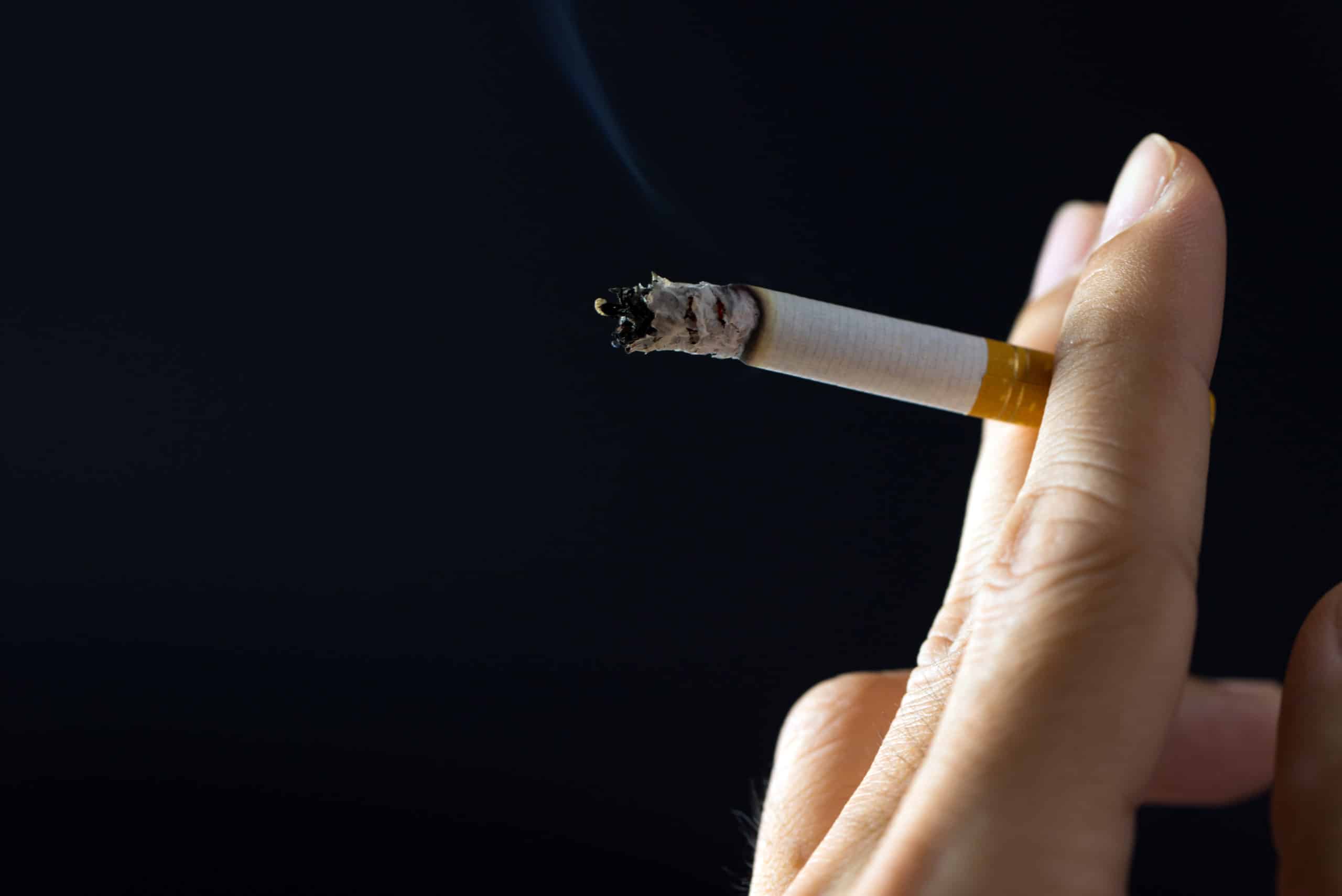The Impact of Smoking on Your Teeth & Gums
According to the Center for Disease Control (CDC), 34.1 million people smoke in the United States, which is 14% of the population. Smoking causes many diseases and reduces users’ overall health. Smoking impacts your teeth and gums in several ways including yellow teeth, plaque, receding gums, and more.
Keep reading to learn how smoking affects your oral health.
Periodontitis
One of the diseases that smoking causes is periodontitis, a serious gum infection that can cause tooth loss and affect overall health.
Smokers are at higher risk of gum disease because smoking causes the following:
- Dry Mouth – Smoking creates a dry environment in the mouth, which makes harmful bacteria more easily attach to your teeth and under your gums.
- Weakened Immune Response – Smoking weakens your immune systems, which makes it harder for your body to fight the harmful bacteria that cause gum infections like periodontal disease.
- Poor Circulation – Smoking causes vasoconstriction, which is a constriction of the blood vessels. Gum tissue needs good circulation to stay healthy and resist infection and gum recession.
Smokers are three to six times more likely to develop gum disease or periodontal disease, which can attack roots and cause teeth to fall out.
Yellow Teeth (Nicotine Stains)
Similar to your skin, your teeth have pores. These pores absorb the things you eat, drink, or in this case, smoke. Nicotine and tar in tobacco have qualities that allow them to stain very easily. Mixed with your saliva, smoking or tobacco use will cause yellow or brown stains to develop quickly. The stains caused by smoking seep deeper into the enamel, making them more difficult to remove.
Plaque and Tartar Buildup
The chemicals in tobacco products affect the way saliva flows through your mouth. One of saliva’s main functions is to protect tooth enamel and prevent decay. If not removed daily, it can harden into tartar, also known as calculus, a substance so hard it requires a professional cleaning to remove.
Oral Cancer
Smoking can cause cancer of the mouth, throat, or lips. About 90% of people who were diagnosed with one of these forms of cancer used tobacco products. Smokers are six times more likely than nonsmokers to develop oral cancers.
Trying to quit smoking?
Smoking and tobacco use has a plethora of negative effects on your health, but your dentist isn’t here to judge your lifestyle habits. Instead, they’ll be happy to offer solutions and helpful advice to assist you in quitting and restoring better oral health!
Quitting smoking can significantly reduce your risk of developing gum disease. If you already have periodontal disease, being a non-smoker increases your chances of stability after periodontal treatment.
Many dental professionals are even specially trained to help guide you to the right resources for smoking cessation. So, next time you come in for a dental visit, ask us how we can help you become smoke-free!





